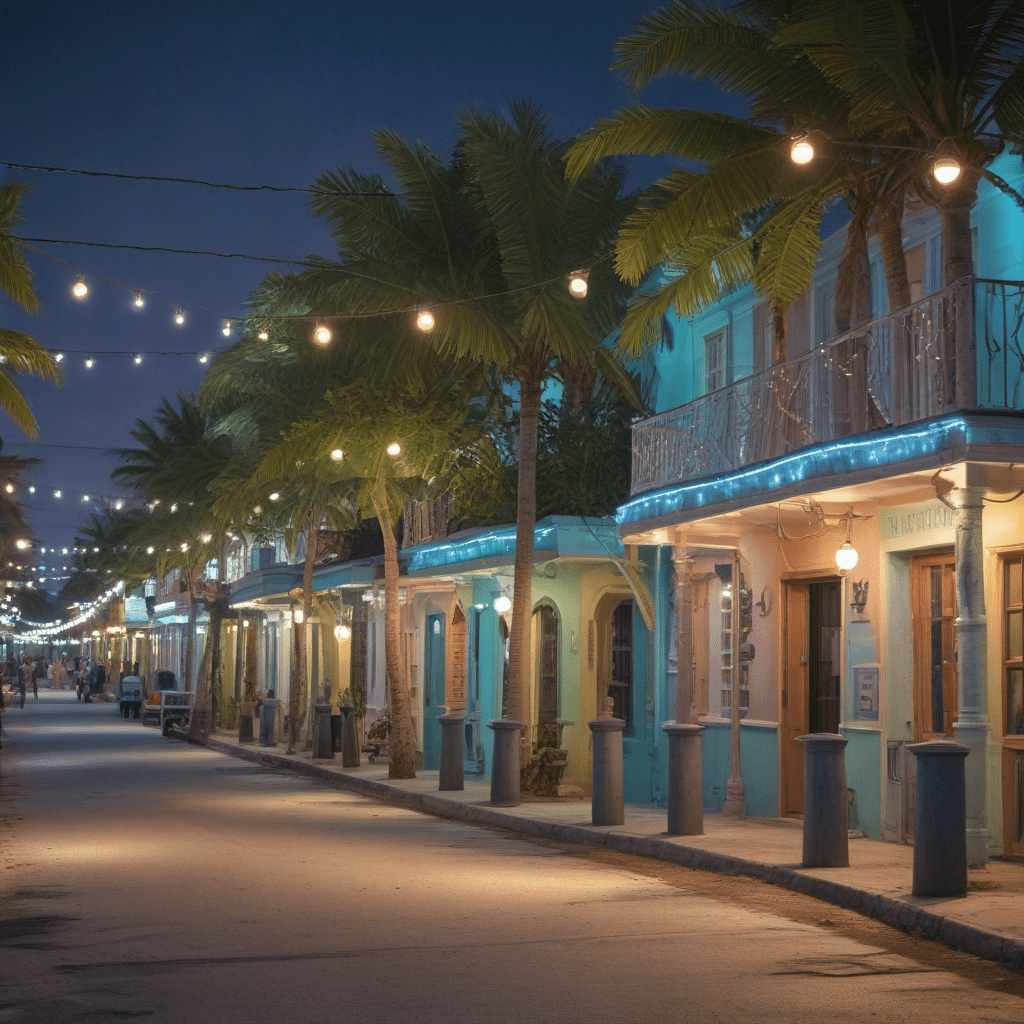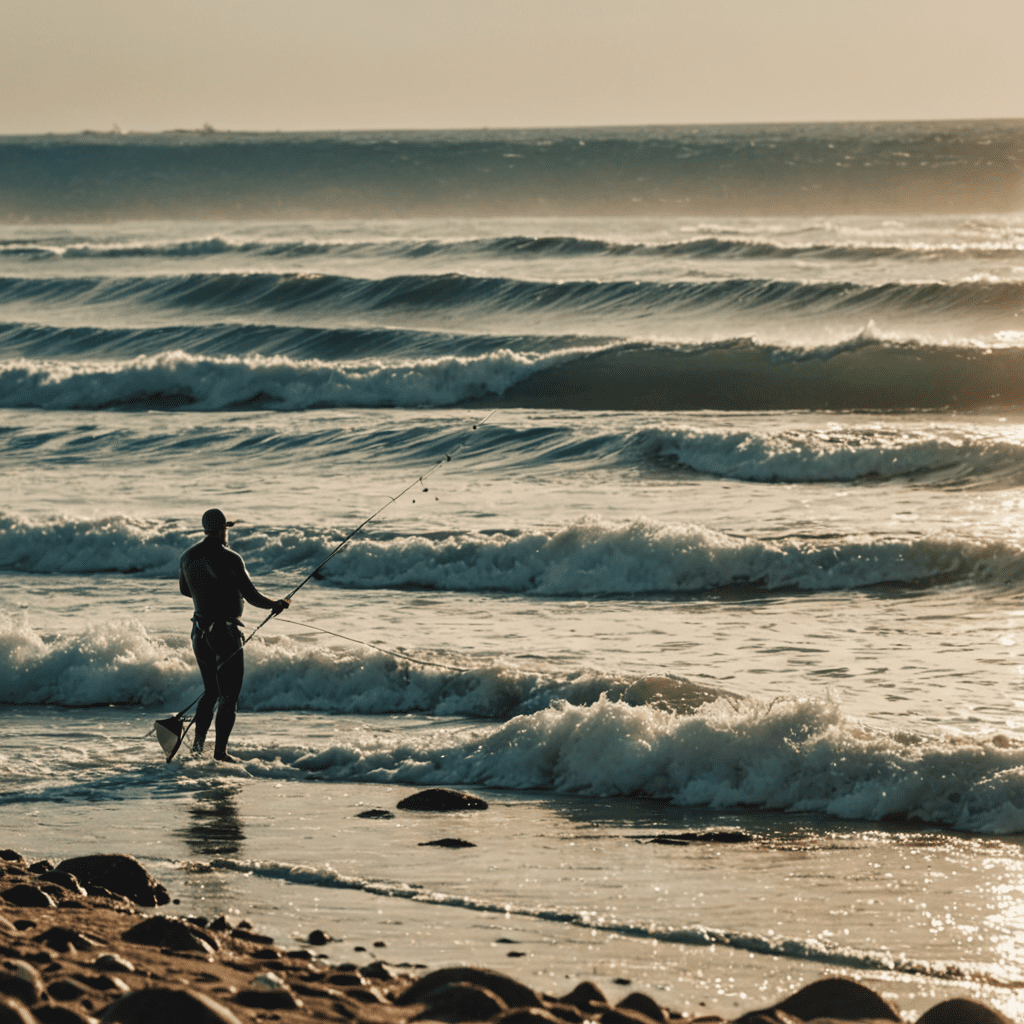
The Bahamas: A Fusion of Old and New
I. Historical Legacy
The Bahamas, an archipelago in the West Indies stretching over 500,000 square miles, is steeped in a rich and multifaceted history that forms the bedrock of its present-day identity. In the 15th century, it became the landing site for Christopher Columbus, forever linking its destiny to European exploration and colonization. Over centuries, The Bahamas witnessed the rise and fall of various colonial powers, each leaving an imprint on its culture, architecture, and social fabric. Today, as an independent nation, The Bahamas proudly preserves its historical heritage, honoring the struggles and achievements of its ancestors.
II. Modern Infrastructure and Tourism
In contrast to its rich past, The Bahamas has embraced modernity with open arms, transforming itself into a global tourism destination. Its capital, Nassau, is a bustling hub of activity, boasting modern infrastructure and amenities. The country's international airport serves as a gateway to the world, welcoming travelers eager to experience its idyllic beaches, crystal-clear waters, and vibrant culture. The Bahamas has also made significant strides in developing its tourism sector, offering a wide range of experiences from luxury resorts to eco-friendly adventures.
III. Cultural Preservation and Heritage
While embracing progress, The Bahamas remains deeply committed to preserving its unique cultural heritage. Junkanoo, a vibrant street festival that showcases traditional Bahamian music, dance, and costumes, holds a special place in the hearts of its people. The Bahamas Historical Society and other organizations work tirelessly to document and protect the nation's history, architecture, and cultural traditions. From traditional crafts to storytelling, the Bahamian people take immense pride in passing down their cultural legacy to future generations.
IV. Natural Beauty and Eco-Tourism
The Bahamas is renowned for its breathtaking natural beauty, inviting travelers to immerse themselves in unspoiled ecosystems. The Exuma Cays, with their pristine waters and vibrant coral reefs, are a paradise for snorkelers and divers. Inagua National Park provides a sanctuary for over 80,000 flamingos, a mesmerizing spectacle that attracts nature enthusiasts from around the world. The Bahamas has also embraced eco-tourism, promoting sustainable practices that protect the environment while providing visitors with unforgettable experiences.
V. Economic Diversification and Development
Recognizing the importance of economic diversification, The Bahamas has embarked on a strategic plan to expand its economic base beyond tourism. The government actively promotes investment in renewable energy, agriculture, and financial services. The country has also established educational initiatives to develop a skilled workforce capable of meeting the demands of a changing global economy. By embracing innovation and fostering new industries, The Bahamas aims to create a sustainable future for its people.
VI. Colonial Architecture and Modern Buildings
The Bahamas is a living museum of architectural styles, reflecting its rich colonial past and modern aspirations. In Nassau, pastel-hued colonial buildings line the streets, adorned with intricate balconies and charming gingerbread trim. These structures evoke a bygone era, when The Bahamas was a bustling hub of trade and commerce. Alongside these historical gems, modern high-rises soar into the sky, showcasing the country's forward-looking spirit. The Baha Mar Resort, a sprawling complex designed by renowned architects, epitomizes the fusion of old and new in The Bahamas.
VII. Bahamian Cuisine: Blending Traditions and Flavors
Bahamian cuisine is a delectable tapestry of flavors, reflecting the country's diverse heritage. Conch, a prized seafood, takes center stage in many dishes, including the iconic conch salad. Other culinary delights include peas 'n' rice, a hearty dish with origins in West Africa, and souse, a tangy pickled fish served with onions and peppers. Bahamian chefs skillfully blend traditional recipes with modern culinary techniques, creating innovative and mouthwatering dishes that tantalize the taste buds. Visitors can indulge in fine dining experiences at upscale restaurants or savor authentic local flavors at bustling street food stalls.
VIII. Junkanoo Festivals: A Vibrant Celebration of History
Junkanoo is a vibrant street festival that fills the streets of The Bahamas with music, dance, and colorful costumes. This traditional celebration, which takes place on Boxing Day and New Year's Day, has its roots in West African festivals and commemorates the end of slavery. Junkanoo groups compete in elaborate parades, adorned in stunning handmade costumes and showcasing their rhythmic drumming and infectious dance moves. The lively atmosphere and infectious energy of Junkanoo is a captivating experience that immerses visitors in the rich cultural heritage of The Bahamas.
IX. Social Customs and Community Spirit
The people of The Bahamas are renowned for their warmth, hospitality, and strong sense of community. Bahamians take pride in their shared traditions and values, which prioritize respect, family, and helping one another. Visitors are welcomed with open arms and made to feel at home in this close-knit society. The Bahamas is also known for its rich religious heritage, with churches playing a central role in community life. The strong bonds between Bahamians are evident in their vibrant social gatherings, from lively fish fries to Junkanoo parades, which bring people together to celebrate their shared identity.
X. The Bahamas as a Global Tourism Destination
The Bahamas has emerged as a global tourism destination, renowned for its stunning beaches, crystal-clear waters, and vibrant culture. Visitors from around the world flock to its shores to experience its idyllic paradise. Nassau, the capital city, is a bustling hub of activity, offering a wide range of attractions, including historical landmarks, museums, and duty-free shopping. The Out Islands, with their unspoiled beauty and tranquil atmosphere, provide a serene escape for those seeking relaxation and adventure. Whether it's snorkeling in the vibrant coral reefs, exploring hidden coves, or immersing themselves in Bahamian culture, visitors to The Bahamas are guaranteed an unforgettable experience.
Frequently Asked Questions
Q: What is the best time to visit The Bahamas?
A: The Bahamas enjoys warm weather year-round, but the best time to visit is during the shoulder seasons (April-May and September-October) when the weather is pleasant and there are fewer crowds.
Q: What are the must-see attractions in The Bahamas?
A: Must-see attractions include Paradise Island, Atlantis Resort, Junkanoo Museum, Ardastra Gardens, Zoo and Conservation Centre, and Dean's Blue Hole.
Q: What is the official currency of The Bahamas?
A: The official currency of The Bahamas is the Bahamian dollar (BSD), which is pegged to the US dollar at a rate of 1:1.
Q: What are the health and safety considerations for traveling to The Bahamas?
A: The Bahamas is generally a safe destination for travelers, but it's always advisable to practice caution and be aware of your surroundings. Vaccinations for yellow fever and other tropical diseases may be recommended depending on the time of year and destination.
